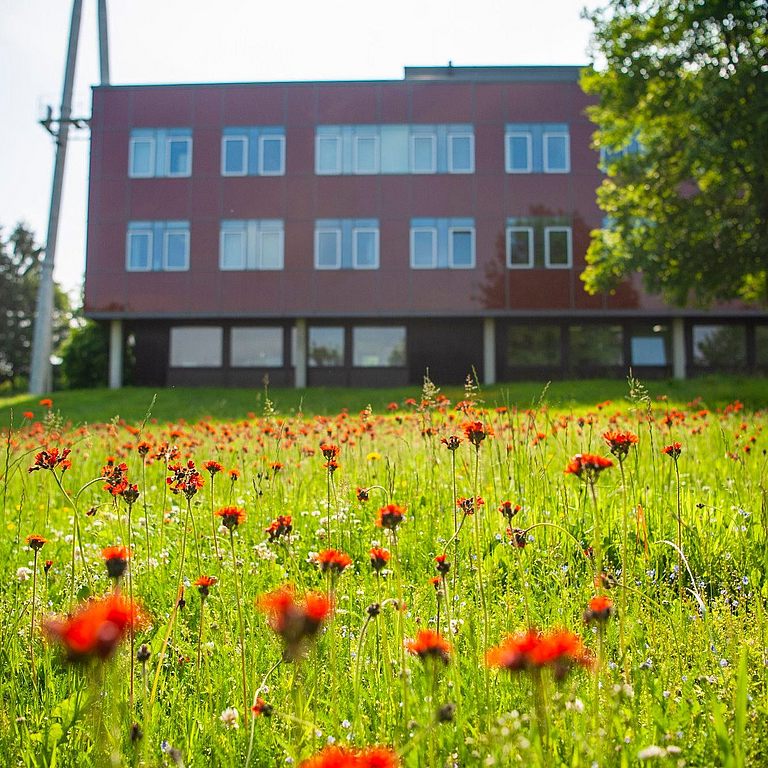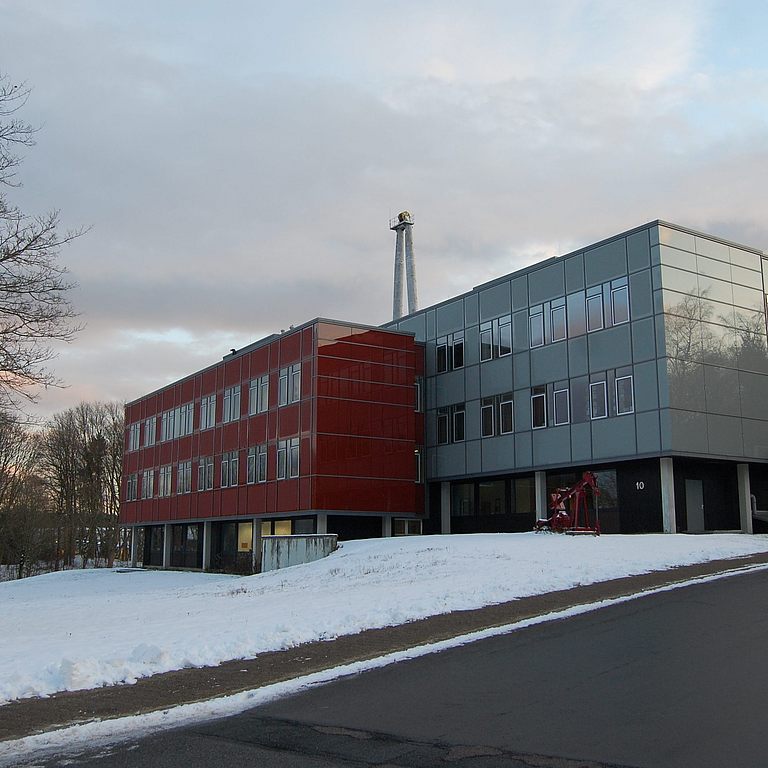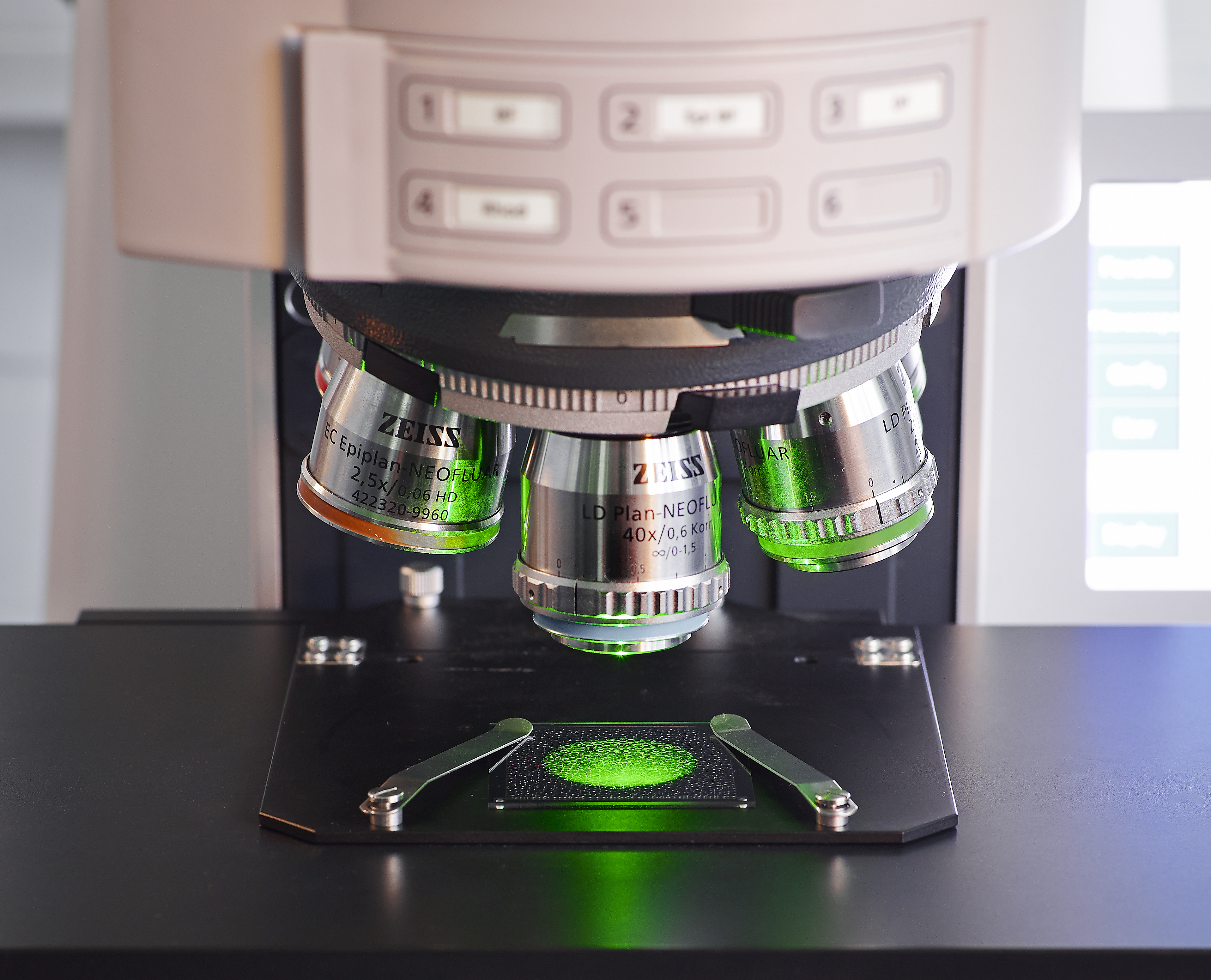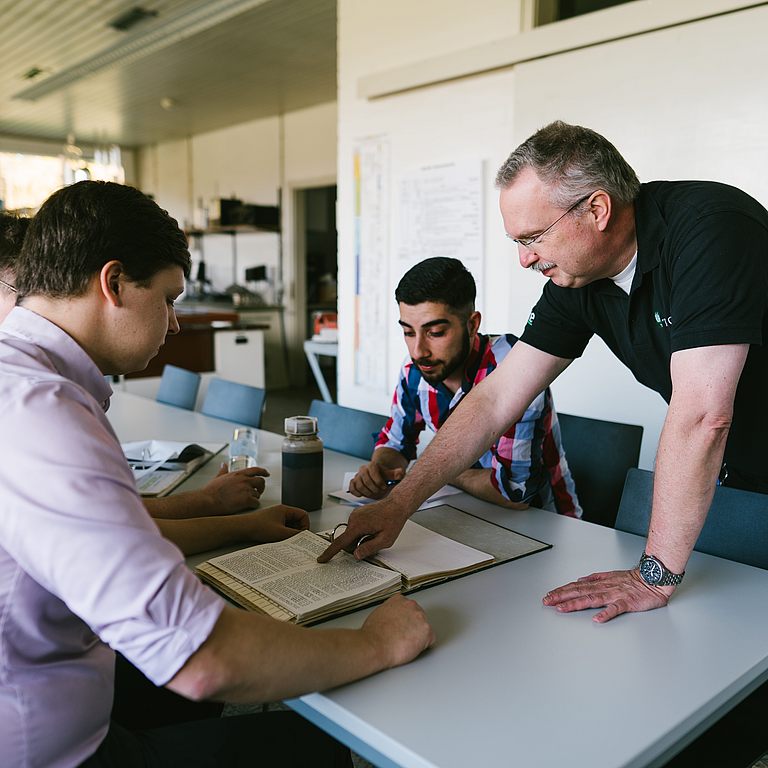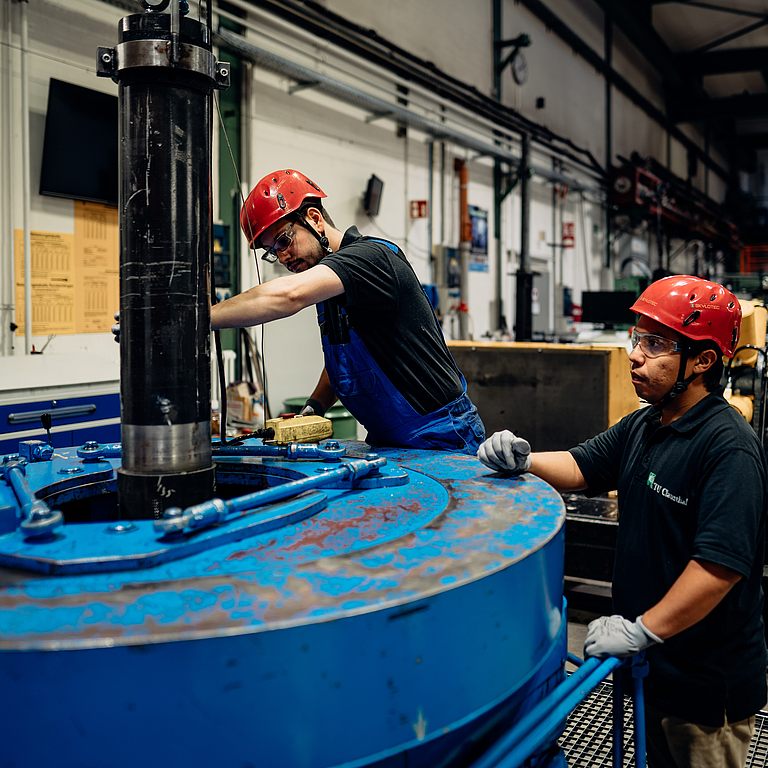CLUSTER
Impacts of impurities in captured CO2 streams from different emitters of a local cluster on transport, injection and storage
Description
The CLUSTER project develops criteria and recommendations for the definition of "CO2 stream concentrations" (cf. EU‐guideline 2009/31/EC), whereby CO2 from various sources is intended to be combined, integrated into a common transport pipeline and subsequently stored. A feasible solution is imperative as CO2 streams from different sources indubitably vary in many aspects, such as in their composition, variable mass flows, operation times and intensities. The effects of these temporal variations of mass flow and compositions in “Transport – Injection – Storage” sytem are the primary focus of the investigations in this project. The basis of these investigations is a model scenario of a regional cluster of CO2 sources, whose separate CO2 gas streams are combined, transported through a pipeline network and injected into a geological storage. In this case, the CO2 is stored in a fictitious offshore saline aquifer. Furthermore, as means of comparison with pipeline transport, transport of CO2 with ships to the offshore facility was also considered.
Publications
- Hagemann, B., Strobel, G., Kroll, J., Ganzer, L.: Core Flooding Experiments Related to the Injectivity during Co2 Storage with Impurities Under In-Situ Conditions. 14th Greenhouse Gas Control Technologies Conference Melbourne 21-26 October 2018 (GHGT-14).
- Rütters, H.; Bäßler, R.; Bettge, D.; Buggisch, E.; Kranzmann, A.; Kratzig, A. et al. (2019): Auswirkungen der Begleitstoffe in den abgeschiedenen CO2- Strömen unterschiedlicher Emittenten eines regionalen Clusters auf Transport, Injektion und Speicherung (CLUSTER) – Abschlusssynthese (Ergebnisbericht).
Contact
Birger Hagemann
Gion Strobel
Sponsors and Partners
This project is a cooperation of the Bundesanstalt für Materialforschung und –prüfung, Bundesanstalt für Geowissenschaften und Rohstoffe, DBI Gas- und Umwelttechnik GmbH, Eurotechnica GmbH, Martin-Luther Universität Halle-Wittenberg und der Technische Universität Hamburg-Harburg. This project is sponsored by the Bundesministerium für Wirtschaft und Energie (BMWi).
